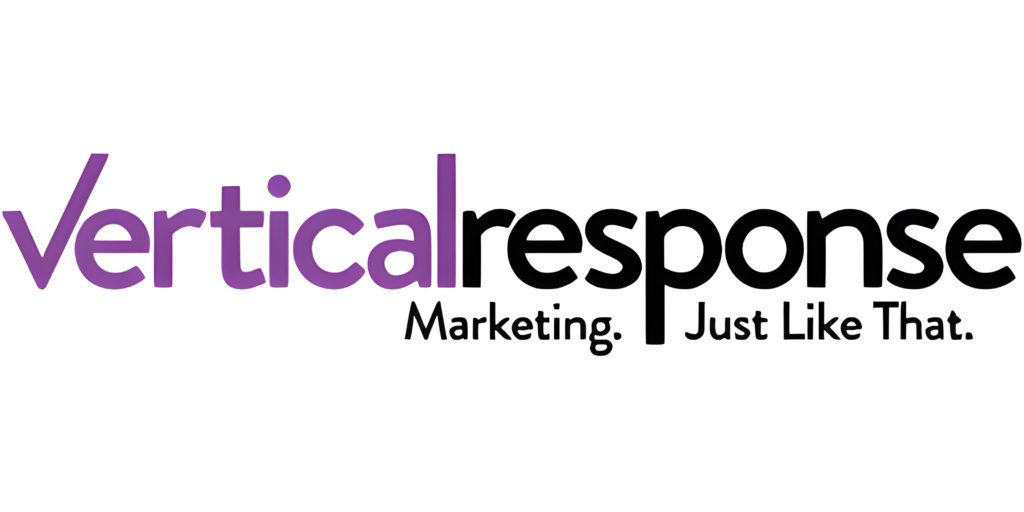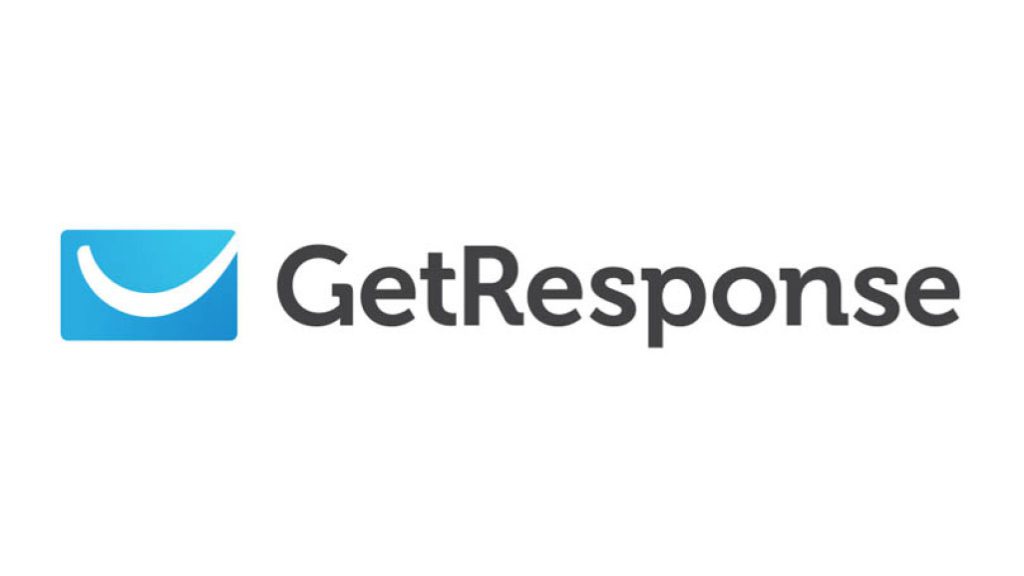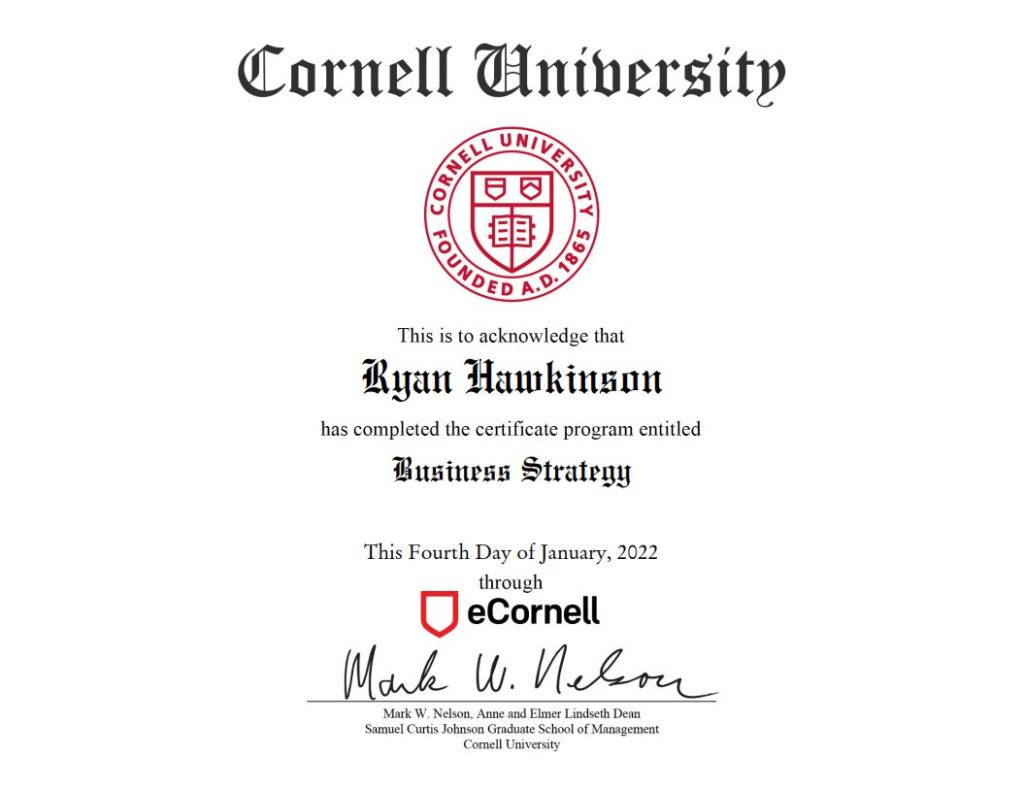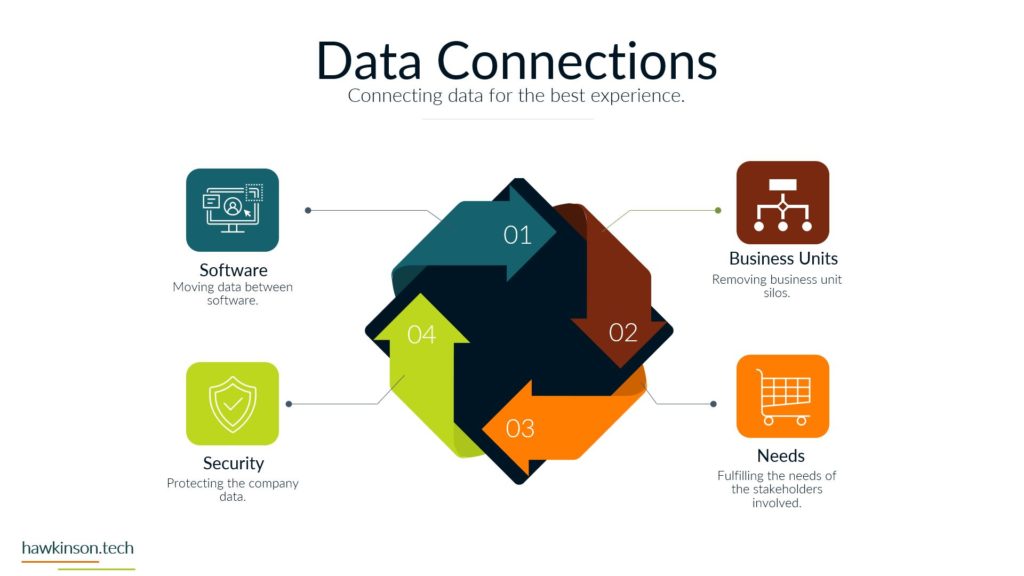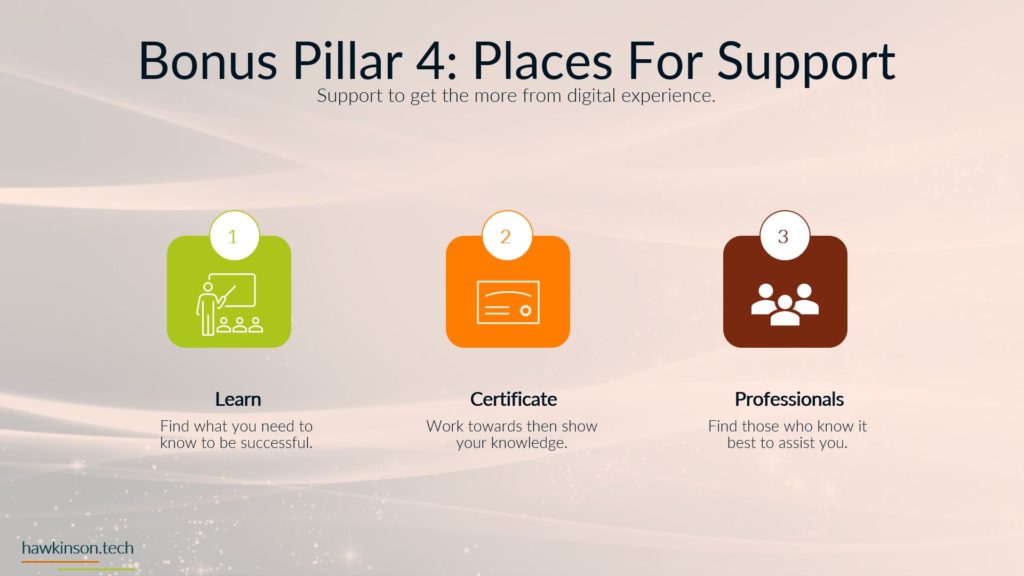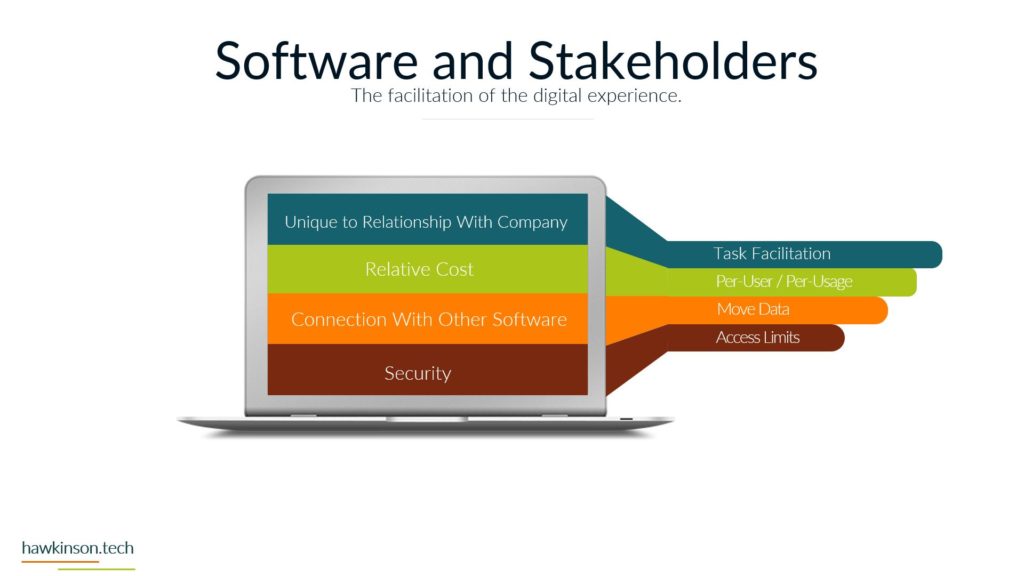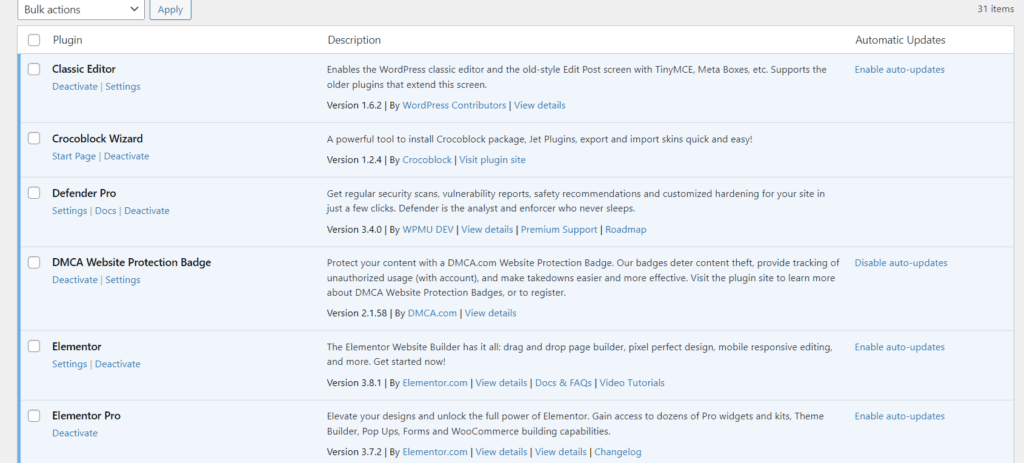In today’s digital age, having a website is crucial for businesses, professionals, and individuals who want to showcase their work or services. A website is a digital storefront, portfolio, or communication channel that can help you reach a wider audience.
One of the most popular and convenient ways to create a website is using an online page builder. These tools offer an easy-to-use platform for building and customizing websites without the need for extensive coding knowledge.
Numerous website builders are available in the market, each with its features, benefits, and pricing. Choosing the right one can be daunting, especially for those new to website creation. This article will discuss the factors you should consider when selecting an online website page builder and provide an overview of some popular options.
Different Website Builders and Their Benefits
Before diving into the factors to consider when choosing a website builder, let’s take a look at some popular options and their benefits:
- Wix: Wix is a famous website builder known for its user-friendly drag-and-drop interface and many templates. It offers a free plan with basic and premium plans with additional features like e-commerce, custom domain, and more storage.
- Squarespace: Squarespace is another popular choice, known for its beautifully designed templates and ease of use. It offers various plans catering to different needs, including personal websites, businesses, and e-commerce.
- Weebly: Weebly is a user-friendly website builder with various customizable templates. It offers a free plan with essential and premium plans with additional features like e-commerce, custom domain, and more storage.
- Shopify: Shopify is a powerful e-commerce website builder designed specifically for online stores. It offers a range of plans and features to help you easily create and manage your online store.
- Elementor: Elementor is a WordPress plugin that adds extensive page building abilities. With the PRO version, users can customize almost any aspect of their website to fit their needs and style.
Factors to Consider When Choosing an Online Website Page Builder
Now that we’ve covered some popular website builders let’s discuss the factors you should consider when choosing one.
1. Ease of Use
One of the main reasons people choose website builders is the ease of use. Look for a builder with a user-friendly interface, drag-and-drop functionality, and pre-built templates that can be customized to suit your needs. The easier it is to use, the faster you can create and launch your website.
2. Customization and Design
Your website should reflect your brand or personal style, so it’s essential to choose a website builder that offers a variety of design options. Consider the number of templates, customization options, and design flexibility when comparing builders. Some builders may limit the customization level, so choose one that allows you to create a unique and visually appealing website.
3. Features and Functionality
Different website builders offer other features and functionalities. Consider your website’s purpose and the needed features, such as e-commerce capabilities, blogging, photo galleries, contact forms, and social media integration. Ensure the website builder you choose offers the features you need or has the option to add them through plugins or integrations.
4. Mobile Responsiveness
Your website should work just as well on mobile and smartphones as desktop systems. Most website builders offer mobile-responsive templates, but testing your website on various devices is essential to ensure it looks and functions well on all platforms.
5. SEO and Marketing Tools
Having a beautiful website is great, but ensuring people can find it is essential. Choose a website builder that offers built-in SEO tools or supports third-party SEO plugins. These tools can help you optimize your website for search engines, making it easier for potential customers or clients to find you online.
6. Support and Resource
Even with the most user-friendly website builder, you may need help or assistance. Choose a builder with a robust support system, including tutorials, help articles, community forums, and customer support. The more resources available, the easier it will be to troubleshoot and resolve any issues.
7. Pricing
Website builders offer various pricing plans, so it’s essential to consider your budget when choosing one. Remember that some builders may offer a free program with limited features, while others may require a monthly or annual subscription to access all features. Additionally, consider any costs for purchasing a custom domain or additional plugins and integrations.
Signs of a Good Website
A well-designed and functional website is crucial for attracting and retaining visitors and achieving your online goals. Whether you’re creating a website for personal or business purposes, there are sure signs of a good website that you should strive to achieve. This section will discuss the key elements that make a website stand out and leave a lasting impression on its visitors.
1. Clear Purpose and Messaging
A good website should have a clear purpose and effectively communicate its message to the target audience. This means having a concise and easily understood value proposition or mission statement, as well as relevant and engaging content that addresses the needs and interests of your visitors. Could you ensure your website’s purpose is apparent from the moment users land on your homepage?
2. User-Friendly Navigation
A well-structured and intuitive navigation system is essential for a good website. Users should be able to quickly and easily find the information they’re looking for without getting lost or frustrated. Use clear and descriptive labels for your menu items, and organize your content into logical categories. Additionally, consider providing a search function for larger websites to help users find specific information faster.
3. Fast Loading Speed
Poor load speeds can lead to high bounce rates and a negative user experience. Please ensure your website is optimized for speed by compressing images, using a reliable hosting provider, and minimizing the use of scripts and plugins that can slow down your site.
4. Visually Appealing Design
A good website should be visually appealing and professional-looking. This means using high-quality images, a consistent color scheme, and typography that’s easy to read. A well-designed website engages visitors and helps build trust and credibility.
5. Mobile Responsiveness
As mentioned earlier, mobile responsiveness is crucial in today’s digital landscape. A good website should adapt seamlessly to different screen sizes and devices, ensuring a consistent and enjoyable user experience across all platforms.
6. Engaging and Valuable Content
Content is king, and a good website should offer engaging, valuable, and relevant content that meets the needs of its target audience. This includes well-written and informative articles, blog posts, product descriptions, and multimedia content such as images, videos, and infographics. Regularly updating your content can also help keep your website fresh and encourage repeat visits.
7. Clear Calls to Action
A good website should guide users towards specific actions, such as signing up for a newsletter, purchasing, or contacting you for more information. Clear and compelling calls to action (CTAs) can help increase conversions and achieve your website’s goals.
8. Social Proof and Testimonials
Including social proof, such as customer testimonials or reviews, can help build trust and credibility for your website. Showcasing positive experiences from previous clients or customers can help persuade potential customers to choose your products or services.
9. Security
A good website should prioritize security to protect the website owner and visitors. This includes using secure protocols (HTTPS), keeping software and plugins up to date, and implementing security measures such as firewalls and regular backups. For e-commerce websites, ensuring secure payment processing is essential for building customer trust.
By incorporating these key elements into your website, you can create a professional, functional, and engaging online presence that effectively communicates your message and achieves your goals. Website page building can help you integrate these elements and get the most from your website.
Conclusion
Choosing the right online website page builder is crucial for creating a professional and functional website that meets your needs. By considering factors such as ease of use, customization and design, features and functionality, mobile responsiveness, SEO and marketing tools, support and resources, and pricing, you can find the perfect website builder for your project.
Please take the time to research and compare different options to make sure you make an informed decision and create a website that helps you achieve your goals.











